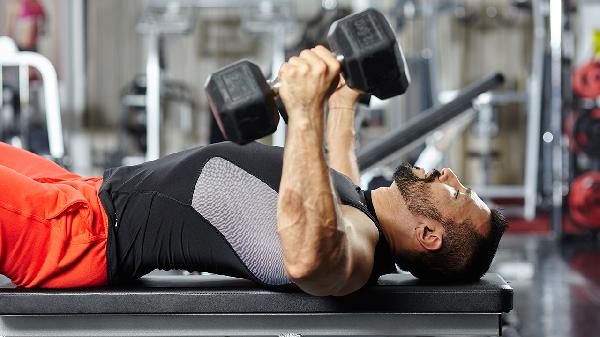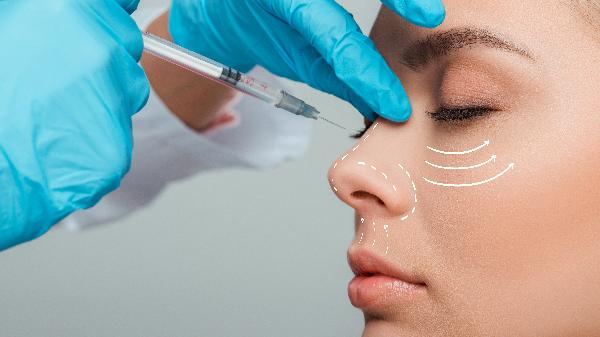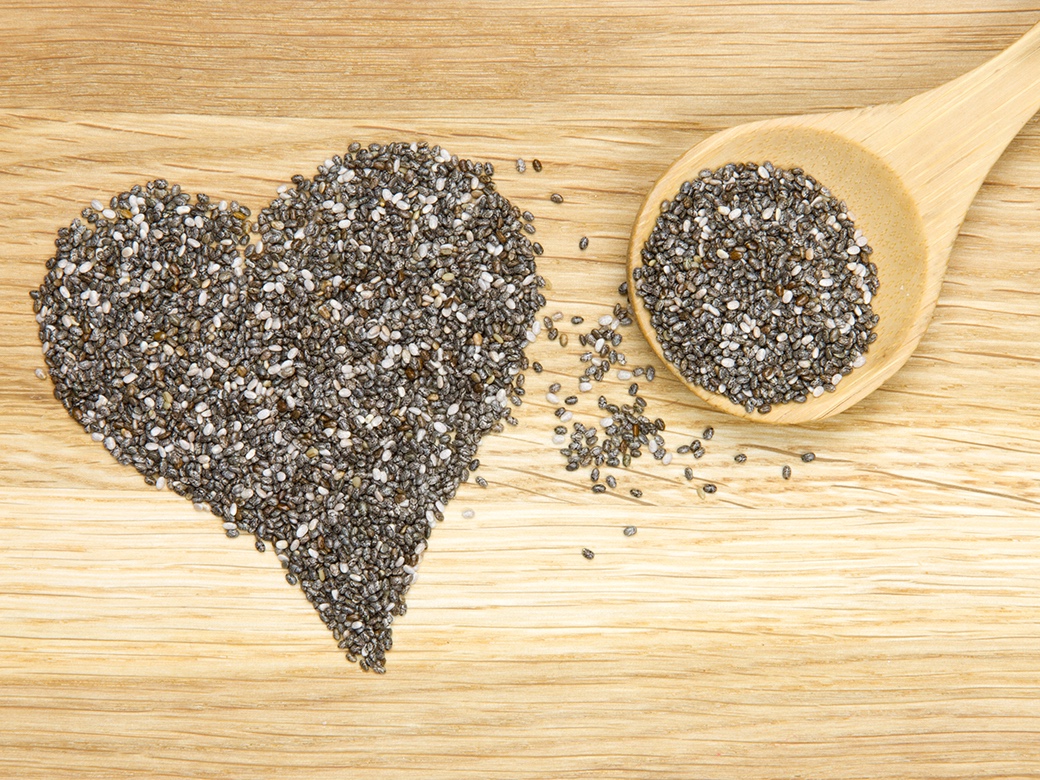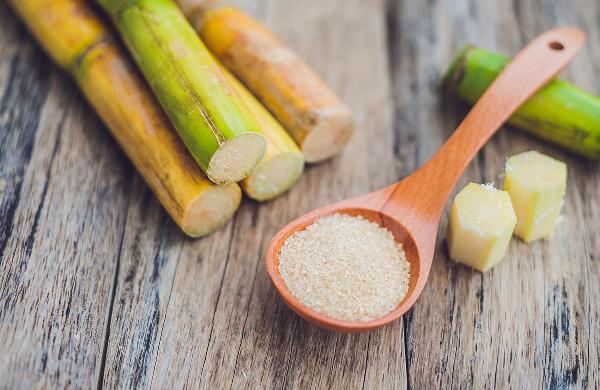warm water has been hyped as a wellness hack for everything from digestion to detox. But can it actually help reduce blood sugar levels and bad cholesterol after meals? Let’s break it down.

Warm Water and Digestion
Drinking warm water after meals is believed to aid digestion by helping your body break down food more efficiently. When your digestion is on point, it might have a ripple effect on how your body processes nutrients—including sugars and fats. But let’s not get ahead of ourselves.
Blood Sugar Levels
Warm water alone isn’t a magic bullet for managing blood sugar. However, staying hydrated can help your kidneys flush out excess glucose through urine. Plus, if warm water helps you digest carbs more slowly, it might prevent rapid spikes in blood sugar. But for real results, pair it with a balanced diet and regular exercise.
Bad Cholesterol (LDL)
Here’s where things get murky. There’s no solid evidence that warm water directly lowers LDL (the “bad” cholesterol). However, staying hydrated supports overall metabolic health, which can indirectly help manage cholesterol levels. If you’re looking to tackle LDL, focus on dietary changes (like cutting back on saturated fats) and lifestyle tweaks (like exercising more).
The Hype Factor
Warm water isn’t a game-changer for blood sugar or cholesterol by itself, but it’s a simple, no-fuss habit that can complement a healthy lifestyle. Think of it as a small piece of the puzzle.
Pro Tip
Try sipping warm water with lemon after meals—it’s refreshing, hydrating, and adds a boost of vitamin C, which can support your immune system.
The Bottom Line
Warm water isn’t a miracle cure, but it’s a solid wellness practice that can support better digestion and overall health. For managing blood sugar and cholesterol, focus on a holistic approach that includes diet, exercise, and regular check-ups with your doc.
























